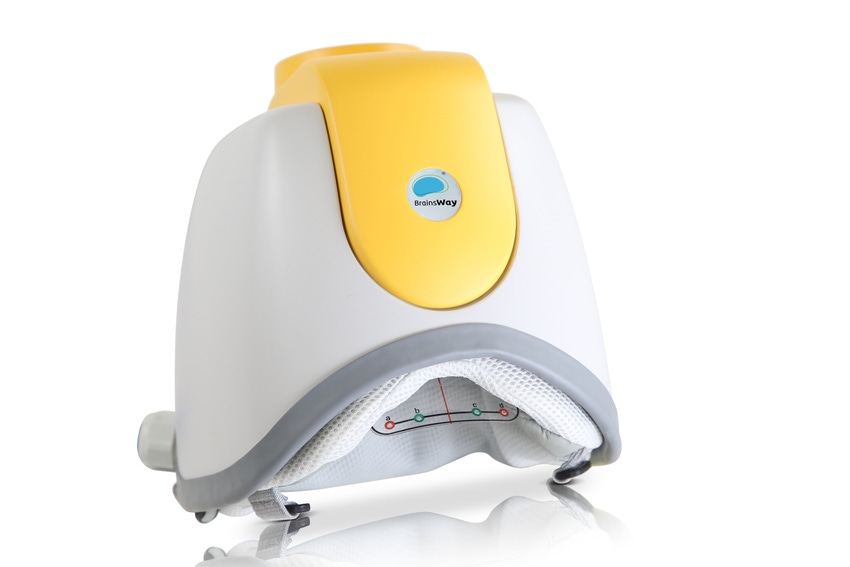The Jerusalem, Israel-based company said this FDA clearance represents the first ever non-invasive medical device clearance for the treatment of OCD.
August 20, 2018

About 3% of the U.S. population suffers from obsessive compulsive disorder (OCD), according to an article published on HealthyPlace.com Statistics also show that one in every 200 children suffers from the disorder.
BrainsWay is looking to use its technology to help treat the illness, which is described as a disorder of the brain that adversely affects behavior and causes intense anxiety in those with the condition. The Jerusalem, Israel-based company recently received De Novo clearance from FDA for its deep transcranial magnetic stimulation (Deep TMS) system for the treatment of OCD in adults.
BrainsWay said this clearance represents the first ever non-invasive medical device clearance for the treatment of OCD, and the second indication granted for BrainsWay Deep TMS, which was cleared in 2013 for the treatment of treatment-resistant major depressive disorder (MDD). BrainsWay intends to start installing BrainsWay OCD immediately as an upgrade of its current systems and as part of new installations. Clinics that have or will have a Deep TMS systems can now treat MDD and OCD patients.
“With the clearance of our BrainsWay OCD device, we are now able to provide an effective and safe treatment option for U.S. patients who are suffering from OCD,” Yaacov Michlin, president and CEO of BrainsWay said in a release. “Importantly, this clearance further establishes Deep TMS as a platform technology that will provide treatments for additional psychiatric indications, subject to successful completion of our currently ongoing multi-center studies and regulatory approvals.”
The OCD indication was based on a pivotal, multi-center study demonstrating that after six weeks of treatment, there was a statistically significant improvement in the primary endpoint results for the active treatment group when compared to sham. The improvement was maintained when measured again in a single follow up meeting with the patients one month after the end of treatment at week 10. The primary outcome measure of this study was the OCD Yale-Brown Obsessive-Compulsive Scale (Y-BOCS), the gold standard measure of OCD symptoms severity.
The company reported that 38.1% of patients in the active group achieved a response of more than 30% reduction in symptoms severity as measured by Y-BOCS, compared with just 11.1% in the sham group. Moreover, 54.8% of patients in the active group achieved a partial response of more than 20% reduction in symptoms severity, vs. just 26.7% in the sham group.
The OCD indication nod comes on the heels of BrainsWay receiving FDA clearance for a new stimulator to be integrated into its Deep TMS.
TMS has been gaining traction in recent years among clinicians, patients, and even insurance companies as a method of treating depression in adults who have not responded to traditional antidepressant medications.
Neuronetics was the first to introduce TMS to the U.S. market when FDA cleared the NeuroStar device in 2008. The Malvern, PA-based company went public in late June.
About the Author(s)
You May Also Like




